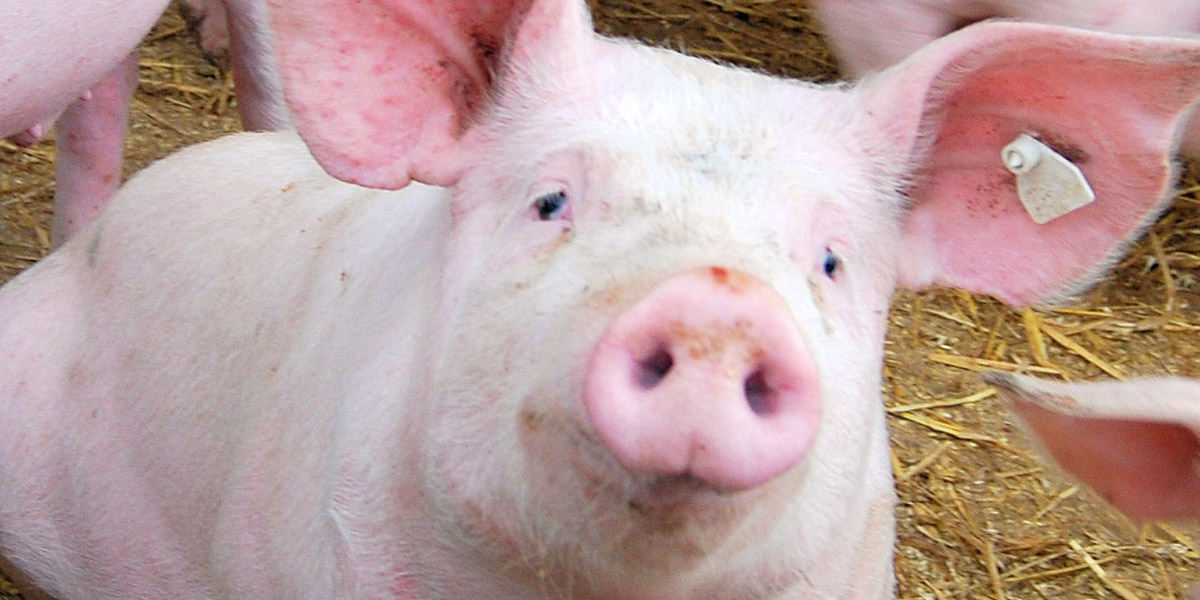There has been widespread coverage of a world-first transplant of a gene-edited pig kidney into a human patient at Massachusetts General Hospital.
Heralded as a solution to the organ-shortage, Animal-Free Science Advocacy urges caution of such claims.
Xenotransplantation is the transportation of organs, tissue or cells from one species to another. The practice causes immense animal suffering and results in a wastage of animal lives. The practice poses risks for cross-species contamination and raises significant ethical concerns.
The use of transgenic organs has not prevented the rejection of xenotransplants thus far, ultimately leading to the death of the organ recipient. Fifty years of failure of animal-based xenotransplantation should serve to temper expectations of imminent ‘breakthroughs’.
Rather than investing in high-risk and high-cost xenotransplantation, the organ shortage can be addressed in other ways. Artificial organs can be either created from 3D printing with bio-ink (bioprinting) and containing cells collected directly from patients or created from human cells grown in a dish and differentiated to create mini organs (1). Organ donation programs should be incentivised. Additionally, the need for organ transplants can be limited by prevention through education and health measures.
It’s time to invest in ethical, human-relevant research rather than resting our hopes on so-called ‘breakthroughs’ reliant on the commodification of animals.
Read more here.
HOPE | Wellcome Leap: Unconventional Projects. Funded at Scale.
